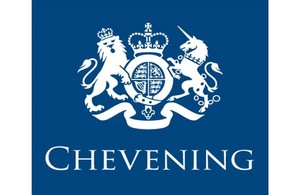Principles underpinning a group of vocational and technical qualifications
News story
New milestone report explores ‘CASLO’ qualifications – qualifications that students can only pass by mastering all specified learning outcomes.

Ofqual has published new research about CASLO qualifications, mainly vocational and technical qualifications that require students to master specific skills, understanding and knowledge.
CASLO qualifications are tremendously wide-ranging and flexible. Mainly vocational and technical in nature, they are awarded once assessors confirm that students have reached the required standard – a process that we have described as ‘confirming the acquisition of specified learning outcomes (CASLO)’.
How ‘CASLO’ Qualifications Work identifies the principles that enable awarding organisations to ensure the quality of these qualifications, allowing students to progress confidently in their career or training.
Ofqual has focused its assessment expertise towards identifying the principles that underpin the effective operation of newly named ‘CASLO’ qualifications. These qualifications are documented less comprehensively, researched less thoroughly, and theorised less well, compared to GCSEs and A levels. The research in this report fills that gap.
Ofqual’s research states that CASLO qualifications are wide-ranging in terms of difficulty and they are often flexible in that they allow the students to study under a variety of circumstances. Examples include many BTECs, which are constructed entirely or mainly from ‘CASLO’ units.
Ofqual Chief Regulator Dr Jo Saxton said:
Ofqual regulates on behalf of students of all ages and apprentices. That includes determining good assessment practice through our research, a vital part of our role as a regulator. This pioneering report, naming, defining and theorising ‘CASLO’ qualifications, marks the beginning of our work to define and drive up quality for students of all ages.
CASLO qualifications are often entirely internally assessed. This means that external quality assurance is potentially a far larger undertaking for the awarding organisations that offer these qualifications and for the colleges and training providers that deliver them.
The report identifies underpinning principles that explain how it is possible for an awarding organisation to remain fully accountable for the awards that it makes, while devolving a substantial amount of responsibility for assessment to colleges and training providers.
Published 23 February 2022
